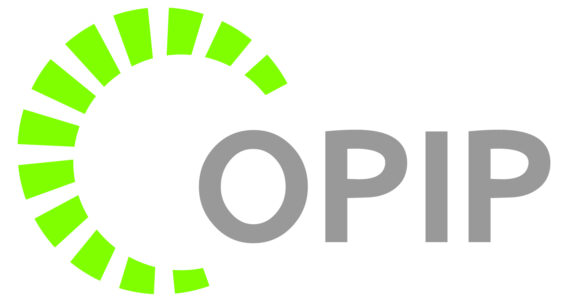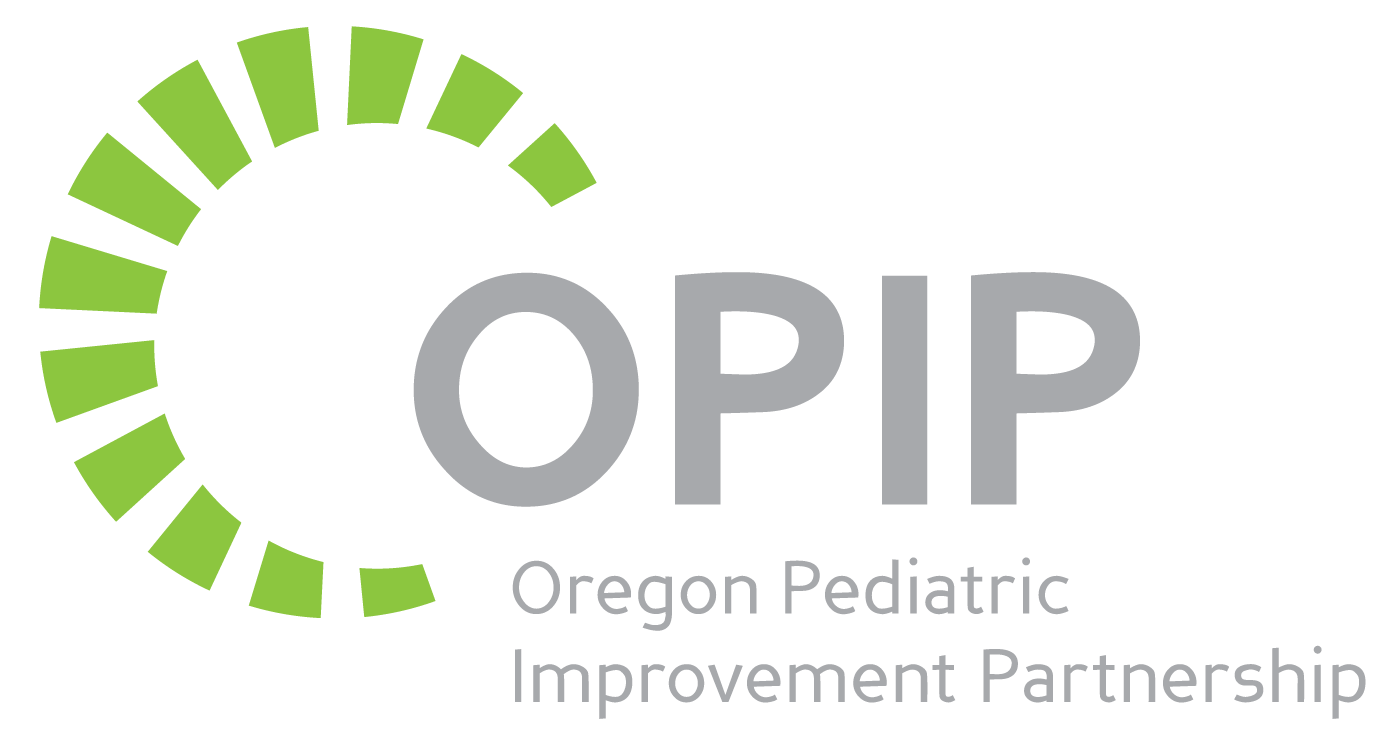Central to the work of OPIP is the concept of Quality Improvement (QI). A critical part of taking an innovative idea to reality is the process of change and implementation. Small tests of change lead to informed, strategic, and incremental progress toward predetermined goals and are the hallmarks of QI in healthcare.
QI is a critical element of every OPIP project, and our work in this area is focused on facilitating calculated change within systems and organizations leading to improvement in healthcare for pediatric populations.
Model for Improvement
OPIP uses the Model for Improvement as the primary framework to guide improvement work. The Model for Improvement was developed by Associates in Process Improvement. This model is not meant to replace change models and quality improvement structures that exist within practices and organizations, but are rather used to accelerate and facilitate improvement. The primary tool of this methodology is the Plan Do Study Act (PDSA) cycle, outlining a series of quick, yet methodical, tests of change. Refinement of innovations through PDSA cycles leads to spread within the practice or system, and then works toward sustainability.
Breakthrough Series Collaborative
The Breakthrough Series Collaborative is a methodology adapted from the Institute for Healthcare Improvement (IHI) and the Associates in Process Improvement, first described in 1995. This model brings together teams from different entities to learn about and implement change concepts around a topic (or topics) of shared interest. The various entities engage in QI activities individually and come together through a series of face to face learning sessions and conference calls to share best practices and learn from content experts. Data collection and reporting are also important aspects of a breakthrough series collaborative. Through this model, entities collaboratively learn, progress, and document successes and barriers in such a way that learnings are transferred horizontally, and documented generally across all participants. OPIP has utilized modified breakthrough series collaborative models in both ABCD III and ECHO projects.
Practice Facilitation
A growing body of evidence supports the concept of practice facilitation as an effective strategy to improve primary health care processes and outcomes. OPIP’s practice facilitators create valuable ongoing relationships with pediatric practices, and serve as an external facilitator for change within the organization. Practice facilitation activities range from general quality improvement methodology coaching, to assistance in system assessment and redesign efforts.

